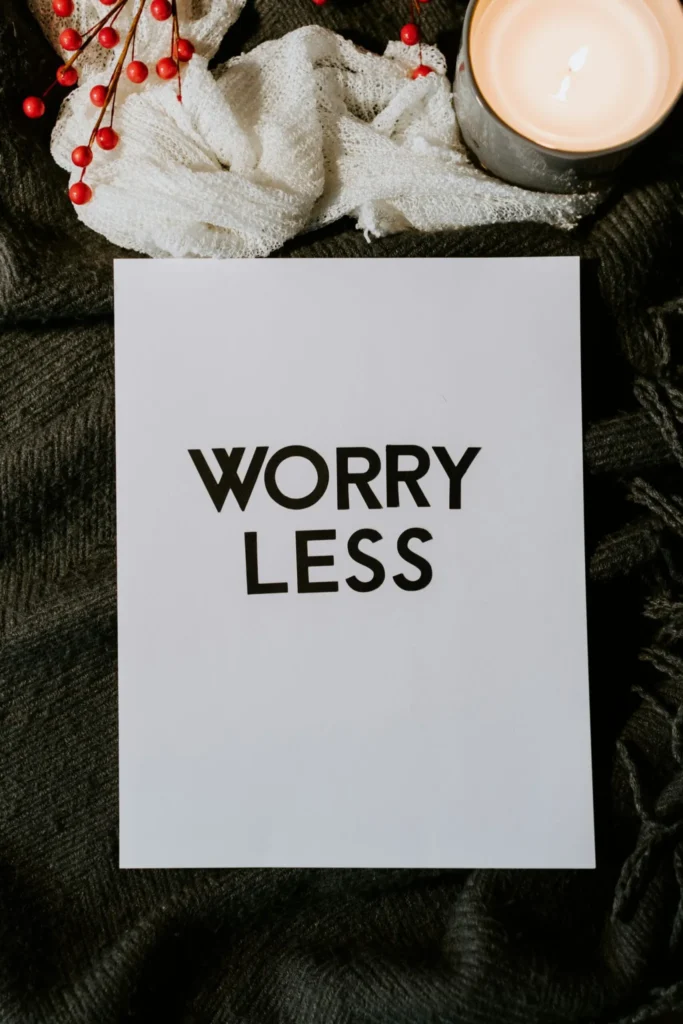Have you ever wondered what exactly signifies the end of your period? Understanding the symptoms that indicate your menstrual cycle is coming to a close can be enlightening. It not only helps you track your cycle more precisely, but also gives you a clearer picture of your overall health. Let’s walk through this topic together so you can better navigate your own menstrual journey.
Understanding Your Menstrual Cycle
Before we get into the specifics of recognizing the end of your period, it’s helpful to have a solid understanding of the menstrual cycle itself. Your menstrual cycle is a natural process that prepares your body for pregnancy each month. Typically, it lasts between 21 and 35 days, with menstruation—or your period—lasting from three to seven days.
Phases of the Menstrual Cycle
Your menstrual cycle is divided into several phases: the menstrual phase, the follicular phase, ovulation, and the luteal phase.
-
The Menstrual Phase (Days 1-5): This is when you bleed, marking the first day of your cycle. The lining of the uterus sheds through the vagina.
-
The Follicular Phase (Days 1-13): Overlaps with the menstrual phase initially, this is when your body prepares an egg for ovulation. Hormones stimulate your ovaries, leading to the development of follicles.
-
Ovulation (Day 14): Around mid-cycle, the mature egg is released from the ovary. This is the phase where you are most fertile.
-
The Luteal Phase (Days 15-28): After ovulation, the empty follicle develops into the corpus luteum, which secretes progesterone to thicken the uterine lining in preparation for a fertilized egg. If the egg isn’t fertilized, hormone levels drop, leading to menstruation.
Signs Your Period is Ending
Identifying when your period is ending requires you to notice the subtle changes in your body. Here are some common indicators that things are wrapping up:
Reduction in Menstrual Flow
One of the most obvious signs of your period ending is a reduction in menstrual flow. Your period may start heavy, especially during the first day or two. However, as it comes to an end, you’ll probably notice that the flow becomes lighter.
Change in Color of Blood
The color of menstrual blood often changes as your period progresses. Near the end, it might become brownish, which is simply older blood leaving the body.
Fewer or No Cramps
Menstrual cramps can significantly decrease or disappear entirely as your period winds down. This happens because your uterus has less need to contract as the uterine lining is mostly shed.
Energy Levels Improve
Many experience a dip in energy levels during menstruation due to hormonal fluctuations. As your period ends, you may feel your energy levels begin to bounce back, giving you a newfound pep in your step.
Factors Influencing Symptom Variation
Remember, what you experience can differ greatly from someone else due to several factors, such as age, lifestyle, and overall health.
Age and Hormonal Levels
As you age, your hormonal levels can fluctuate, affecting not only the duration of your cycle but also the symptoms you might experience as it ends.
Lifestyle Choices
Your lifestyle, including diet, exercise, and stress levels, can impact your menstrual cycle symptoms. Maintaining a balanced, healthy lifestyle can promote more regular periods and more predictable symptoms.
Underlying Health Conditions
Conditions like polycystic ovary syndrome (PCOS) or endometriosis can alter your cycle and affect symptoms. Understanding your body’s specifics helps in predicting how your symptoms might appear.
Common Misconceptions About Period Symptoms
It’s easy to get misinformation about what happens before, during, and after your period. Understanding the facts can help dismiss any myths.
Period Ending Means No Symptoms
You might think that once your period is ending, all symptoms cease abruptly. However, some women continue to experience mild symptoms like fatigue or slight mood changes for a few days after.
Irregular Periods and The Myth of Normalcy
There’s a widespread misconception that cycles have to be exactly 28 days and any deviation means something is wrong. However, “normal” varies widely among individuals.
Weight and Menstrual Cycle
While it’s often thought that weight doesn’t impact your cycle, being significantly above or below average weight can indeed affect your hormones, sometimes making your periods irregular or affecting how they begin and end.
Keeping Track of Symptoms
Being aware of your body’s signals allows you to better understand how your cycle typically goes. Tracking your symptoms can be an effective tool for this.
Journaling and Notetaking
Keeping a journal of your period symptoms allows for easy reference and can help you spot trends over time. Note down everything, from the start and end dates of your period to any changes in flow and mood.
Apps and Tech Tools
Several apps are specifically designed for tracking menstrual cycles, offering features that allow you to record symptoms, moods, and other relevant details.
| Feature | Function |
|---|---|
| Period Tracker | Logs cycle dates and flow intensity. |
| Symptom Logging | Records cramps, mood changes, and other symptoms. |
| Fertility Window | Calculates estimated ovulation periods. |
| Health Insights | Provides personalized tips based on logged data. |
Importance of Knowing and Recognizing Symptoms
Your menstrual cycle acts like a report card for your reproductive health. Timely understanding and tracking of symptoms can give insight into your menstrual health and overall well-being.
Potential Indications of Health Issues
Paying attention to your menstrual health can alert you to potential health issues. For instance, consistently spotting between periods or intense pain may suggest a need for medical consultation.
Enhanced Communication with Healthcare Providers
Being able to describe your symptoms accurately helps health professionals provide better care. This can lead to quicker diagnoses and more effective treatments.
When to Seek Medical Advice
While experiencing variation in menstrual symptoms is generally normal, there are scenarios where seeking professional advice is necessary.
Symptoms That Require Attention
If you notice any of the following, consider reaching out to a healthcare provider:
- Persistent heavy bleeding
- Severe pain that doesn’t improve with over-the-counter medication
- Sudden changes in your cycle length or flow
- Symptoms of anemia, such as excessive fatigue or dizziness
Seeking timely help ensures any potential issues are addressed swiftly and effectively.
Regular Health Check-ups
Regular gynecological check-ups are crucial. They help in maintaining reproductive health and ensuring any irregularities are caught early.
Your Period and Mental Health
Your cycle doesn’t just affect your body; it can also have an impact on your mental well-being. Understanding this connection can be useful.
Emotional Changes and Hormones
Hormones fluctuate throughout the cycle, affecting emotions and mood. It’s common to experience mood swings, irritability, or changes in your emotional state around your period’s start and end. Tracking these mood changes can provide insights.
Strategies to Manage Mood Swings
Implementing strategies like exercise, proper nutrition, and mindfulness can make a difference. Prioritizing these can help manage and mitigate mood-related symptoms.
Conclusion
Recognizing the symptoms of your period ending isn’t just about marking days on a calendar. It’s an opportunity to tune into your body’s rhythms and signals, understanding and embracing what they mean for you personally. With each cycle, you adapt and learn more about your body—feeling empowered to navigate your health confidently. Remember, your menstrual health is an integral part of your life, and staying attuned to it can be a rewarding experience, contributing to your overall well-being.


